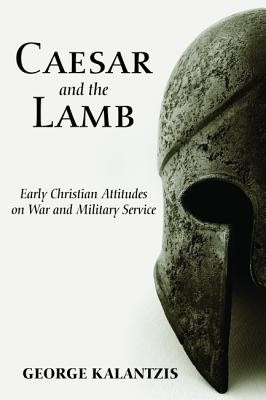“Blessed are those who mourn, for they shall be comforted.”
-Matthew 5:4
“Still, I repeat, a man in sorrow is in general far nearer God than a man in joy.”
-George MacDonald, The Hope of the Gospel p. 37
Manchester by the Sea, the latest film by Kenneth Lonergan, for me was the best film of 2016. Quite possibly my favorite film I’ve ever seen. The main focus is on the character Lee Chandler (Casey Affleck) who we first meet as a quiet, emotionally hardened janitor. As the movie begins to unfold what has happened in Lee’s life, you are hit with a ton of bricks and it becomes obvious that what Lee has suffered in his life is unbearable. He is a deeply broken man, one who has attempted to run away from his guilt and suffering. The death of his brother Joe causes a chain of events that draws him back to the place where he lost everything and putting Lee in charge of not only Joe’s financial stuff, but in charge of his son Patrick. Much can be said in light of what the film communicates about brokenness, loss and guilt among other things. There is a specific sequence of events that spoke deep volumes to my heart and is a cause for reflection.
Grief
Half way through the film Lee is at a police station answering questions about what had transpired the previous night. He confesses a mistake he made that lead to the event, and after he shares this information the detectives let him know they will contact him if anything else comes up. Lee is stunned, and seemingly upset they are letting him go without punishment. As he is leaving the interrogation room, he quickly reaches and grabs a gun from the holster of a police officer holds it to his head and as the other officers grab him and hold him down you hear him yell “Please!” in a panicked tone. He couldn’t bear living in the wake of what just transpired, and not being punished for it. His sorrow and guilt become his new identity, and this weight is unbearable.
Identity
We often root our identities in our past whether it is past sorrows or joys, accomplishments or failures. Whatever it may be, we are embedded in the past. Lee is ultimately defined eschatologically by this single event, which is understandable given the nature and gravity of it. It consumes his every waking moment. I thought to myself, “Where is God in this situation?” Even though it is a fictional situation, it still gives me pause about the nature of God’s work in our lives, especially in midst of our sufferings that are often due to mistakes we have made. As cliche as this question is but: where is God in the midst of tragedy?
I’ve heard it put that God allows bad things to happen because He knew something greater would arise out of them. The problem with this line of thinking makes God out to be some utilitarian deistic demi-god; not the God of Scripture. Paul himself tells us about God’s action in our afflictions:
“Blessed be the God and Father of our Lord Jesus Christ, the Father of mercies and God of all comfort, who comforts us in all our affliction, so that we may be able to comfort those who are in any affliction, with the comfort with which we ourselves are comforted by God.” (2 Corinthians 1:3-4)
God identifies Himself with our sufferings. Paul continues:
“For as we share abundantly in Christ’s sufferings, so through Christ we share abundantly in comfort too.” (v. 5)
Our eschatological event which gives us our identity as Christians is the resurrection of Christ. This is the event in which we hope, and are marked as a people.
Evil
However we want to understand why evil is allowed, it is ultimately not something we can attain in our finiteness. All attempts at theodicies end up falling far short of any reasonable conclusion or response to the overwhelming suffering seen throughout history and our present day. Some might say “free will” is the reason why evil exists. Some even go as far to say God has ordained it for ultimately for our good. It concerns me how fundamental evil becomes to God’s act in creation in both positions, and I won’t stand for this conclusion. Both fall into the trap set forth by Reginald Garrigou-Lagrange:
“God determining or determined: there is no other alternative.”
Categorically, God transcends finite categories of existence and non-existence, and thus determining or determined. To use David Bentley Hart’s language:
“God’s being is necessary, that is, not simply because it is inextinguishable or eternally immune to nothingness, but because it transcends the dialectic of existence and nonexistence altogether; it is simple and infinite actuality, utterly pure of ontic determination, the “is” both of “it is” and of the “it is not”.” (Impassibility as Transcendence)
Fundamentally, evil has no part in God:
“This is the message we have heard from him and proclaim to you, that God is light, and in him is no darkness at all.” (1 John 1:5)
I’m inclined towards the historic position that views evil as a privation of the good. To say evil has an existence of its own is to assert a metaphysical structure of reality where evil competes with the good ontologically. Augustine writes:
“Nothing evil exists in itself, but only as an evil aspect of some actual entity. Therefore, there can be nothing evil except something good.” (Augustine, Enchiridion)
The point here is not a thorough going explication on the nature of evil, but to abandon any proposition or argument that necessitates God needing evil or suffering to accomplish His eternal plan within creation.
The response of Beauty
God responds to suffering and evil in the concrete form of His Son, Jesus Christ. “In Him the fulness of God was pleased to dwell” (Col 1.19) and therefore the fullness of beauty is displayed in the person of Jesus Christ who is God’s eternal Word and response to suffering. R. Jared Staudt, in his article here, ends with what contemplating the suffering of Christ means:
“In contemplating the suffering of Christ, in particular, we see a beauty which took on our infirmities and overcame their darkness. It is a challenging beauty, but a powerful one—with power to transform our own suffering and lack of beauty. It is a beauty that shakes us to the core, which illuminates us, and ultimately is the beauty that will save the world.”
Ultimately we may find the best response (or theodicy) might be a work of theological aesthetics, not rational arguments. This is because beauty penetrates us at our deepest levels, and beauty communicates who God is, however incomplete it is in our senses and knowledge. Pope Benedict XVI articulates this perfectly in his “Meeting with Artists”:
“Authentic beauty, however, unlocks the yearning of the human heart, the profound desire to know, to love, to go towards the Other, to reach for the Beyond. If we acknowledge that beauty touches us intimately, that it wounds us, that it opens our eyes, then we rediscover the joy of seeing, of being able to grasp the profound meaning of our existence.”
Beauty will save the world; it already began 2000 years ago. To end on powerful words from David Bentley Hart in his concluding remarks in “The Doors of the Sea”:
“Now we are able to rejoice that we are saved not through the immanent mechanisms of history and nature, but by grace; that God will not unite all of history’s many strands in one great synthesis, but will judge much of history false and damnable; that he will not simply reveal the sublime logic of fallen nature, but will strike off the fetters in which creation languishes; and that rather than showing us how the tears of a small girl suffering in the dark were necessary for the building of the Kingdom, he will instead raise her up and wipe away all tears from her eyes –– and there shall be no more death, nor sorrow, nor crying, nor any more pain… he that sits upon the throne will say, “Behold I make all things new.” (p. 104)
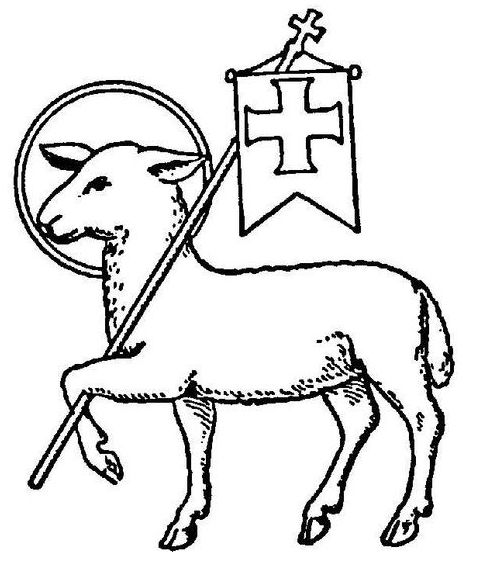
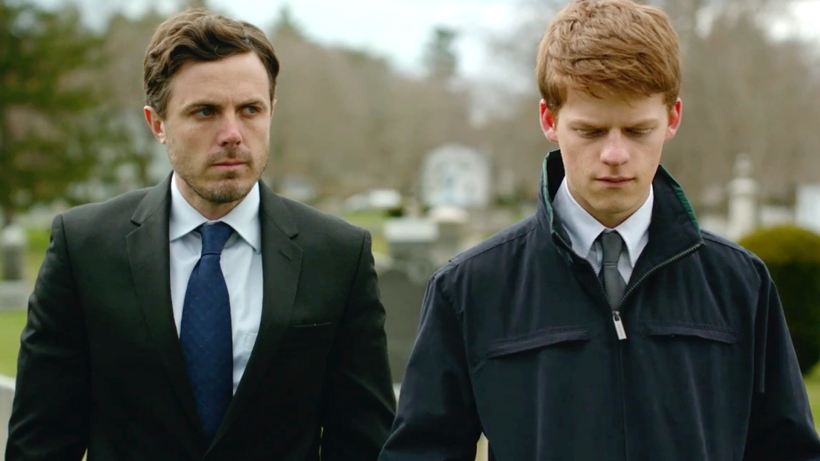
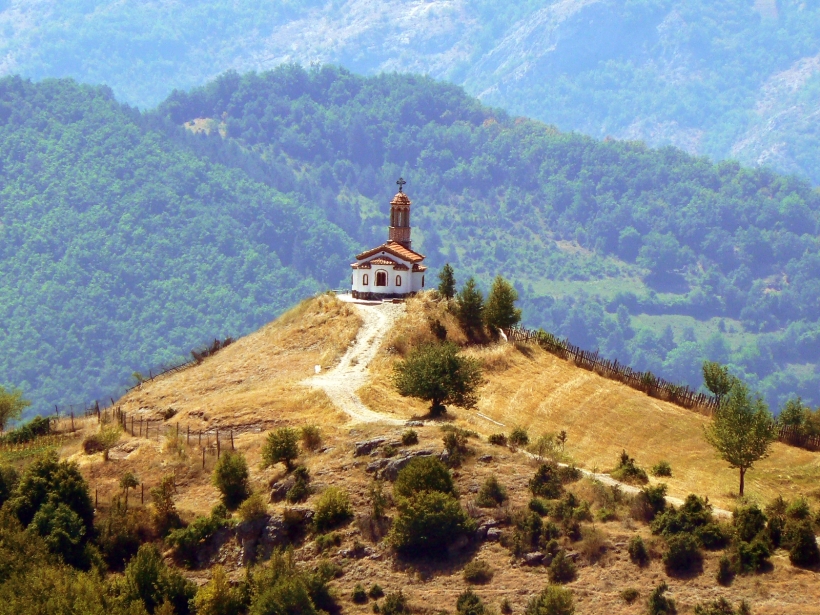




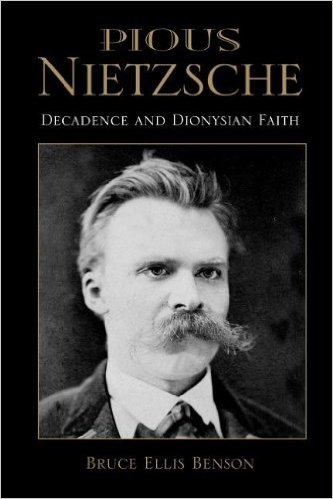
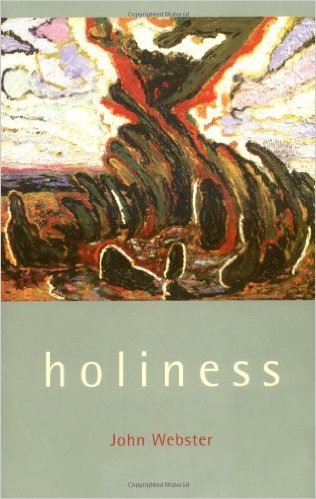 Last year I tackled Webster’s ‘Holy Scripture’, which was a very fruitful read. ‘Holiness’ has been a book I’ve been itching to read.
Last year I tackled Webster’s ‘Holy Scripture’, which was a very fruitful read. ‘Holiness’ has been a book I’ve been itching to read.